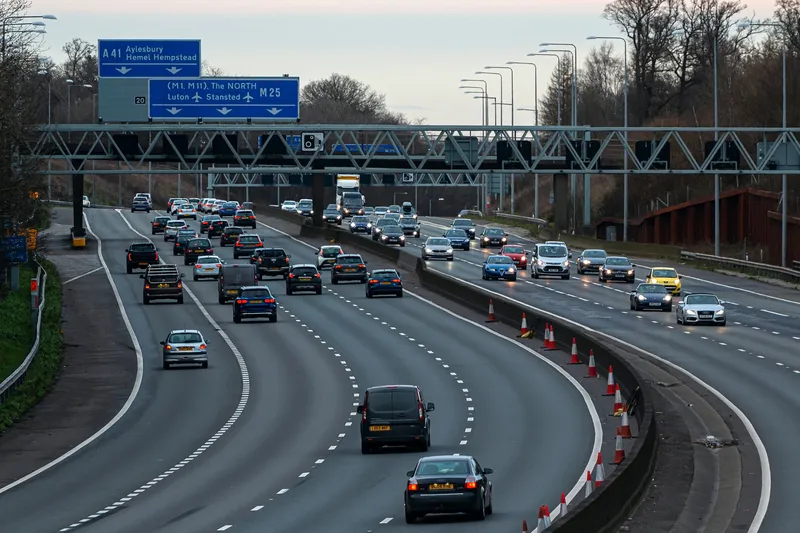Prior to turning the UK Highways Agency into a government-owned company, the Department for Transport (DfT) has launched a consultation asking for the public’s views on the proposed structure and accountability of the new company, along with input on how the new watchdog, and a separate new organisation that will monitor the performance of the agency, should be run.
Turning the Highways Agency into a government-owned company will improve efficiency and reduce running costs, with taxpayers expected to ben
October 30, 2013
Read time: 2 mins
Prior to turning the 1841 UK Highways Agency into a government-owned company, the 1837 Department for Transport (DfT) has launched a consultation asking for the public’s views on the proposed structure and accountability of the new company, along with input on how the new watchdog, and a separate new organisation that will monitor the performance of the agency, should be run.
Turning the Highways Agency into a government-owned company will improve efficiency and reduce running costs, with taxpayers expected to benefit from savings of at least US$4.1 billion over the next ten years.
The changes made to how motorways and trunk roads are operated, maintained and developed will also be reflected in a new watchdog that will be set up to better reflect the views of motorists. This will encourage greater transparency of the agency and its performance.
The changes will also give the Highways Agency and its suppliers the confidence to recruit skilled workers and agree longer-term contracts that will save the taxpayer money. Next year, the department will set out the delivery expectations of the new government-owned company up to 2021.
Roads Minister Robert Goodwill said: “This government has committed to the biggest ever investment in our road network worth US$80.3 billion over the next fifteen years, but we need to make sure it is spent wisely. Efficiency savings are there to be made, but to secure these means changing how our motorways and trunk roads are managed and maintained.
“Transforming the Highways Agency into a government-owned company means long-term savings for the taxpayer, and making sure our roads are fit for the 21st century – supporting jobs and growth across the economy. I also want motorists to have a greater say in how their roads are run and that is why I have proposed an independent watchdog - free from government - is set up to make sure the Highways Agency is delivering the wants, needs and expectations of motorists.”
The consultation closes on Friday 20 December 2013 with outcomes reported by spring 2014.
Turning the Highways Agency into a government-owned company will improve efficiency and reduce running costs, with taxpayers expected to benefit from savings of at least US$4.1 billion over the next ten years.
The changes made to how motorways and trunk roads are operated, maintained and developed will also be reflected in a new watchdog that will be set up to better reflect the views of motorists. This will encourage greater transparency of the agency and its performance.
The changes will also give the Highways Agency and its suppliers the confidence to recruit skilled workers and agree longer-term contracts that will save the taxpayer money. Next year, the department will set out the delivery expectations of the new government-owned company up to 2021.
Roads Minister Robert Goodwill said: “This government has committed to the biggest ever investment in our road network worth US$80.3 billion over the next fifteen years, but we need to make sure it is spent wisely. Efficiency savings are there to be made, but to secure these means changing how our motorways and trunk roads are managed and maintained.
“Transforming the Highways Agency into a government-owned company means long-term savings for the taxpayer, and making sure our roads are fit for the 21st century – supporting jobs and growth across the economy. I also want motorists to have a greater say in how their roads are run and that is why I have proposed an independent watchdog - free from government - is set up to make sure the Highways Agency is delivering the wants, needs and expectations of motorists.”
The consultation closes on Friday 20 December 2013 with outcomes reported by spring 2014.









